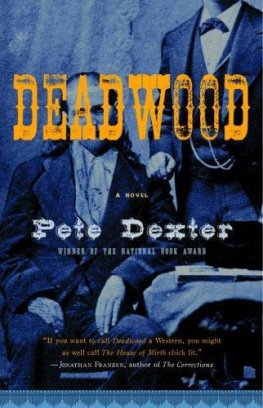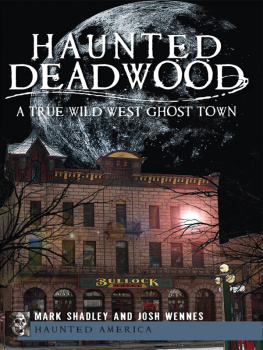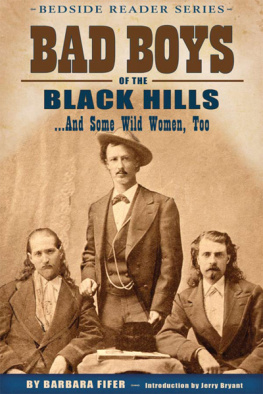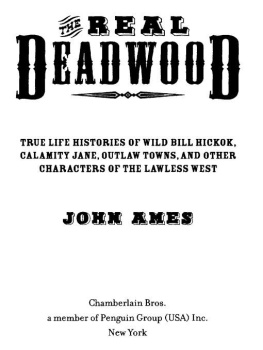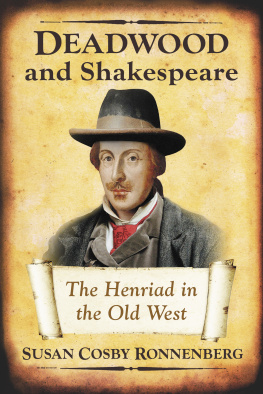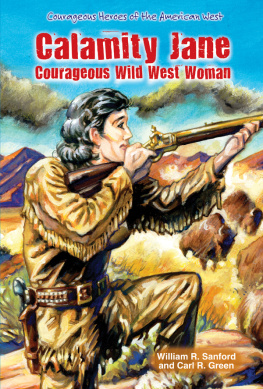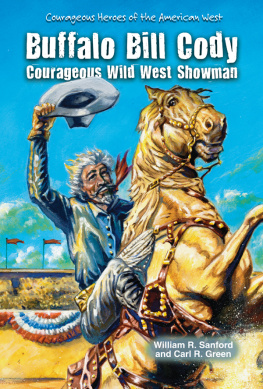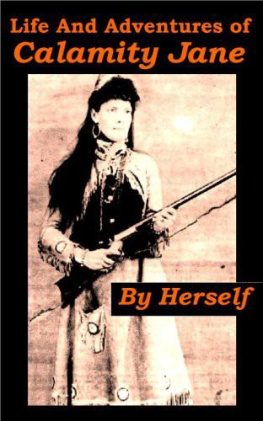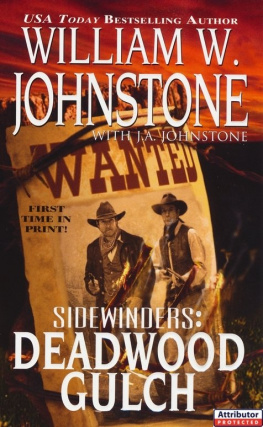PRAISE FOR PETE DEXTER
"What deepens and darkens [Dexter's] writing, so that art is the precise word to describe it, is a powerful understanding that character rules, that we live with our weaknesses and die of our strengths." Time
"Dexter is a master of colloquial poetry, of moods revealed through gestures and settings." Playboy
"One of the greatest American writers.... A storyteller who cuts straight to the nerve." Scott L. Turow
"Dexter's strongest suit is his exquisite understandingof the finely meshed engines of greed, appetite, andinterest." The New York Times Book Review
"Great, eccentric characters.... Dexter's writing is aliving thing." USA Today
"Dexter is an irresistibly fluid and engaging writer."
Newsday
"It's easy to get lost in Dexter's beautifully constructed sentences... their attention to detail, their careful rhythms and brutal observations."
Fort Worth Star-Telegram

Pete Dexter is the author of the National Book Award winner Paris Trout and of God's Pocket , Deadwood , Brotherly Love , The Paperboy , and Train . He was born in Michigan and raised in Georgia, Illinois, and eastern
South Dakota. He lives on Puget Sound, Washington.
BOOKS BY PETE DEXTER
Train
The Paperboy
Brotherly Love
Paris Trout
Deadwood
God's Pocket

VINTAGE CONTEMPORARIES
Vintage Books
A Division of Random House, Inc.
New York
FIRST VINTAGE CONTEMPORARIES EDITION, JULY 2005
Copyright 1986 by Pete Dexter
All rights reserved. Published in the United States by Vintage Books,
a division of Random House, Inc., New York, and in Canada by
Random House of Canada Limited, Toronto. Originally published
in hardcover in the United States by Random House, Inc.,
New York, in 1986.
Vintage and colophon are registered trademarks and
Vintage Contemporaries is a trademark of Random House, Inc.
The Library of Congress has cataloged the Random House edition
as follows:
Dexter, Pete, 1943-
Deadwood.
I. Title.
PS3554.E95D4 1986 813'.54 85-19635
Vintage ISBN: 1 -4000-7971 -3
www.vintagebooks.com
Printed in the United States of America
10 9
For
Dorothy and William Selz,
of Vermillion, South Dakota
I would like to take a moment here to thank Mrs. Marjorie Pontius,
who runs the Carnegie Library in Deadwood. The town of Deadwood
and I are both lucky she is there.
T he large events and the settings of this novelthe fire that destroyed Deadwood, the assassinations of Bill Hickok and the China Doll, the weather, the life and travels of Charley Utterare all real.
The characters, with the exception of Malcolm Nash, are also real, and were in Deadwood at the time these events occurred.

PART ONE: Bill, 1876
PART TWO: The China Doll, 1876
PART THREE: Agnes, 1876
PART FOUR: Jane, 1878
PART FIVE: Charley, The Isthmus of Panama, 1912

T he boy shot Wild Bill's horse at dusk, while Bill was off in the bushes to relieve himself. It was lucky for everybody but the horse that it happened when it did, but not so lucky it had to be God's hand in it. It always took Bill a while in the bushesit wasn't dusk when he'd gone in thereand things have to happen sometime.
The boy's name was Malcolm Nash. He was the younger brother of Charley Utter's wife, and had ridden with Charley and thirty-six mules up from their home in Empire, Colorado, first to Cheyenne, where they met Bill, and then east and north toward the Black Hills.
Charley always had a hard time saying no to his wife.
The boy tried to be helpful, but anything he couldn't break, he lost. The more Charley studied his awkward deportment, the more he wondered at the unreliable nature of human jizzom. The boy and Charley's wife didn't look like each other, even the coloring, and the boy hardly spoke. It was something Charley wouldn't have minded studying, the contrary results of spilled seed. The boy was a strong back, though, and he was polite. He addressed Bill as Mr. Hickok and called everybody else by the same names that Bill did, and he carried a broken-handled old Smith & Wesson in a sash around his waist, butt-first, the way Bill carried his Colts.
Charley had been against bringing the boy from the first suggestion. In his wife's eyes, that amounted to a confession of all the unsafe and unfaithful behavior he and Bill got into when he was away from home. It was peculiar, the way her feelings about Bill had changed. She'd spoken well of him before they were married, and once told Charley he was half famous just for being his friend. Of course, Bill had seen her compromised since.
The boy had no such reservations. Bill had made four visits to Colorado in the last ten years, to hunt bear or watch Charley get married or just get drunk, and Bill was always good to him, keeping the whores and whiskey out of his gunfight stories so he'd grow up right. Bill did not recognize the boy when they all met in Cheyenne, but said it was because Malcolm had become a man.
The boy would have worn carrots in his hat if Bill did.
They'd left Colorado late in the spring, Charley and Malcolm and the mules, and met Bill in Cheyenne, where he was organizing a wagon train. They got to his rooming house at seven o'clock in the morning, June 22. The lady superintendent reported Bill had already combed his hair and walked up the street to the Republican Hotel for cocktails, which she implied was his morning habit. "I expect he'll be back in half an hour, walk through the door carrying a full glass of whiskey, and finish his toilet," she said.
Charley wasn't surprised. It was the history of things that Bill would wear out his welcome.
Charley saw the lady was not going to invite them in to wait, and so he and the boy walked down the street too, and found Bill standing at the far end of the Republican Hotel bar, squinting into the light from the doorway as they came in, trying to decide if it was trouble.
Charley had been to Cheyenne in March, when Bill had married the famous circus performer Agnes Lake, and even getting married, Bill had been in a brighter mood than he was now.
"Did you know they held elections last week?" he said when he saw who it was.
Charley said, "Where?"
"Right here. Cheyenne." Bill was a good-American but he never liked elections. It was like the railroads, an unrefutable sign that things were going to hell. "The new city officers have published a list of fifty men they charged with vagrancy," he said. "Put it up all over town, issued warrants for the arrests."
Charley waited. Bill pulled a piece of paper out of his sash and unfolded it on the bar. Charley bent over and looked. The boy stood still, watching everything they did. The list was alphabetical, and most of the names on it Charley recognized for thieves or killers of one sort or another. The twenty-seventh name was James Butler "Wild Bill" Hickok.

